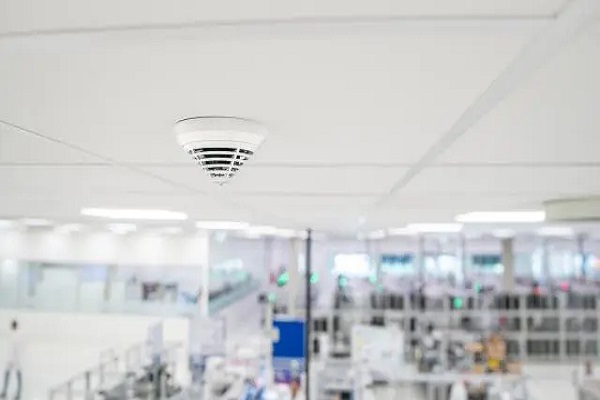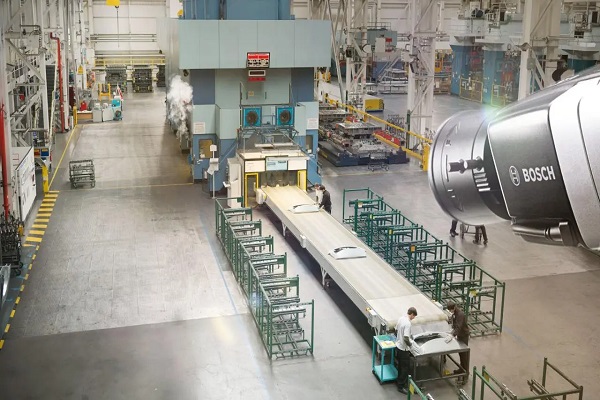Fire Alarm
Why Are Fire Alarm Systems Important?
Fire alarm systems are an important safety feature for any building, as they provide early warning in the event of a fire. This gives people in the building time to evacuate, and allows firefighters to respond quickly and effectively to the situation.
There are several different types of fire alarm systems available, including:
Conventional fire alarm systems: These systems use a central control panel to monitor a network of sensors and devices, such as smoke detectors and pull stations. Conventional systems are often used in smaller buildings, as they are relatively simple and inexpensive to install.
Addressable fire alarm systems: These systems are similar to conventional systems, but they use a more sophisticated control panel that can identify the location of a specific sensor or device that has been activated. This makes it easier to identify the source of the alarm, and to respond quickly and appropriately. Addressable systems are often used in larger buildings, such as hospitals and office buildings.
Wireless fire alarm systems: These systems use wireless technology to connect the sensors and devices to the control panel, eliminating the need for a wired connection. This can make installation quicker and less expensive, and allows for more flexibility in terms of sensor placement.
Smart fire alarm system: These systems, building on wireless fire alarm systems, include the ability to connect to a wider range of devices and network, send notifications and alerts to designated parties, or even shutting down or activating other systems or devices in the building, to limit damages or offer more efficient actions in case of emergency.
Video Based Fire Detection: These systems have the capability of various analysis techniques that examine live images for fires. The fire detection technology has grown in its variety of application and stability over the last few years thanks to the use of artificial intelligence. The trained algorithm detects flames and smoke directly at the source. These devices can therefore detect fires faster than a common point type detector on a ceiling.
Each type of fire alarm system has its own advantages and disadvantages, and the best choice will depend on the specific needs of the building and the budget. It will be important to ensure that your systems meet the standard regulations, codes and certifications of your area


